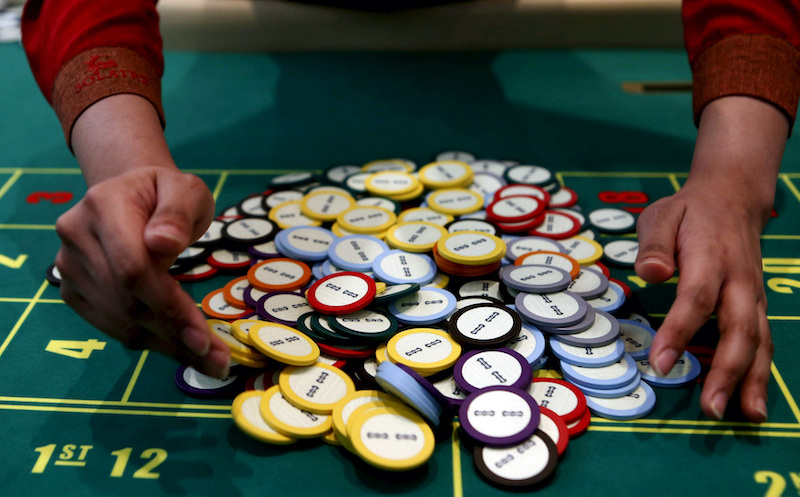About 40,000 Chinese workers are set to be deported after the Philippines moved to shut down 175 offshore gambling firms.
The Manila government made its move as part of a crackdown on the notoriously opaque online gaming industry, a Justice ministry official said on Monday.
The sector emerged in the Philippines in 2016 and has grown exponentially, as operators capitalised on the country’s liberal gaming laws to target customers in China, where gambling is banned.
Also on AF: US Lawmakers, TikTok Close in on Data Security Deal
At their peak, Philippine offshore gambling operators, or POGOs, employed more than 300,000 Chinese workers, but the pandemic and higher taxes have forced many to operate elsewhere.
“The crackdown was triggered by reports of murder, kidnapping and other crimes committed by Chinese nationals against fellow Chinese nationals,” Justice ministry spokesperson Jose Dominic Clavano said.
The POGOs targeted for closure had licences that either expired or were revoked, for violations like non-payment of government fees, Clavano said, adding the deportation of the Chinese workers would start next month.
The government generated 7.2 billion pesos ($122.21 million) in 2020 and 3.9 billion last year in POGO fees alone, according to the finance ministry. Economists estimate considerably larger amounts are being spent on taxes, workers’ spending and office rental.
Vacant Office Space After Crackdown
China’s embassy in Manila in a statement said Beijing supports the deportation and crackdown on POGO-related crimes, adding the government “firmly opposes and takes tough measures to combat gambling”.
The Philippines regulator, which recently said there were 30 licensed POGO firms versus 60 before the pandemic, did not immediately respond to a request for comment.
Real estate consultancy Leechiu Property Consultants estimates that a complete exit of the POGO industry would leave vacant 1.05 million square metres (259 acres) of office space – a third of the size of New York’s Central Park – and 8.9 billion pesos ($151 million) in foregone annual rent.
The sector employs 201,000 Chinese and 111,000 Filipinos, according to Leechiu’s data, which estimates POGOs deliver 190 billion pesos ($3.22 billion) to the economy each year, a boon to the property and retail sectors.
- Reuters with additional editing by Sean O’Meara
Read more:
Philippines to Rework $4.9 Billion Loans for China Rail Projects
Philippines Looks at US Helicopters After Ending Russian Army Deal
ADB Lends Philippines $400m to Develop Capital Markets
























